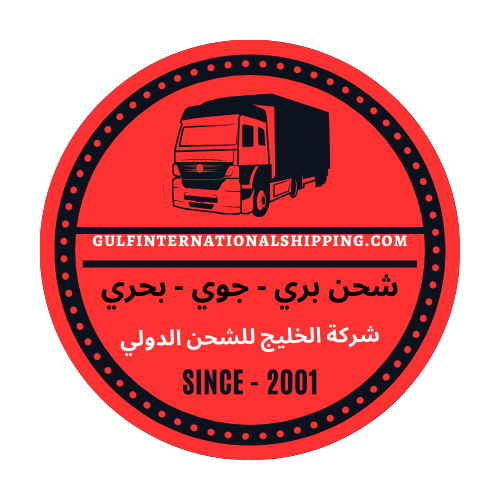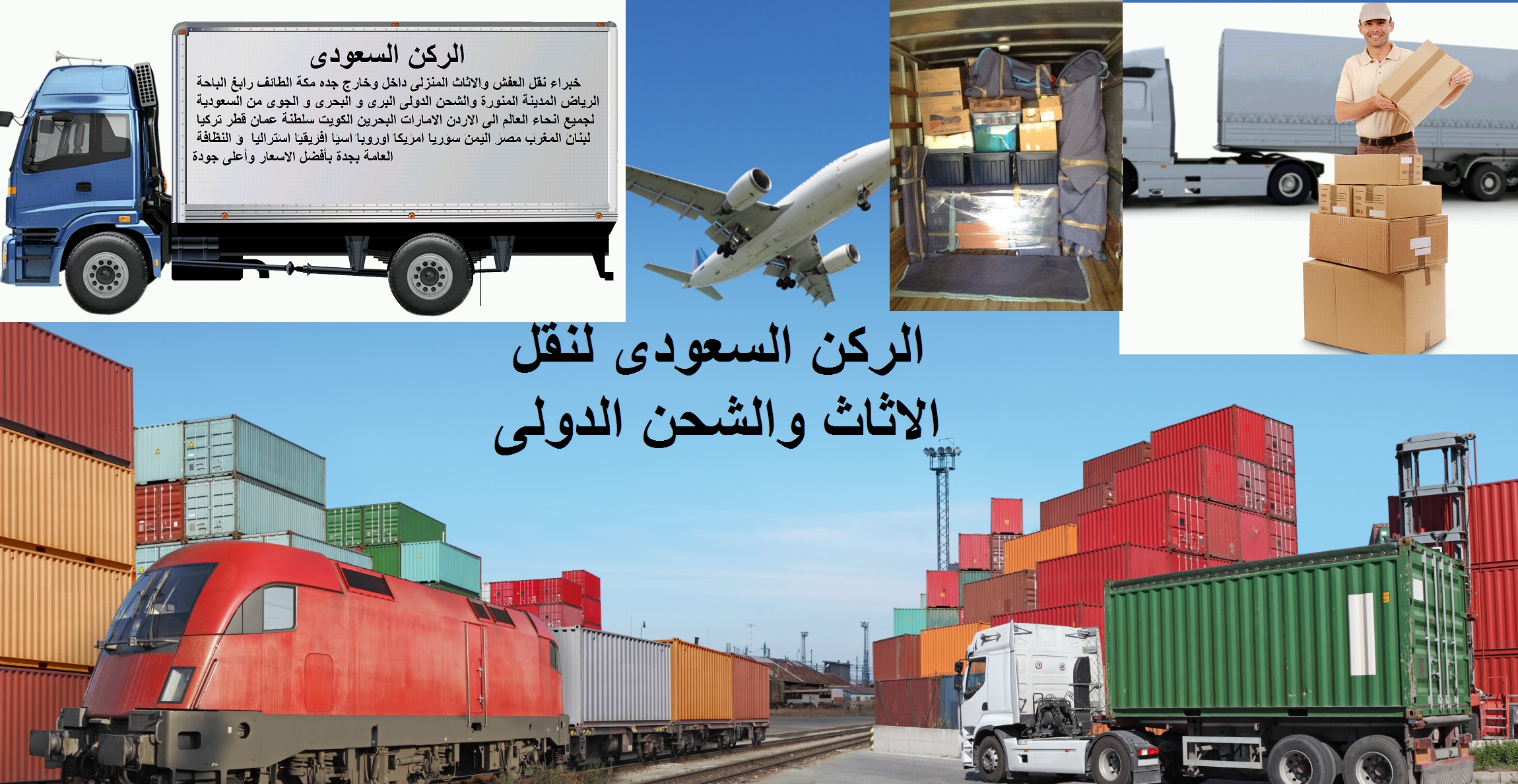President Trump requested US firms to discard China, however numerous as of now have and more are en route
President Trump requested US firms to discard China, however numerous as of now have and more are en route
Representatives chip away at the generation line of sunlight based board at Risen Energy Co., Ltd on February 21, 2019 in Ningbo, Zhejiang Province of China
Zhejiang Daily | Visual China Group | Getty Images
President Trump shook Wall Street when he requested U.S. firms move creation out of China. In any case, many have officially found a way to do as such, and, in income brings right over the previous month, many CEOs have flagged plans to further broaden their supply chains in the midst of the strengthening exchange war
On Aug. 23, Trump took to Twitter, requesting American organizations to "quickly begin searching for an option in contrast to China" and encouraging them rather to begin making their items in the U.S. In doing as such, he refered to the International Emergency Economic Powers Act (IEEPA) — go in 1977 to manage a "bizarre and uncommon danger to the national security, international strategy, or economy of the United States." The president's risk disrupted financial specialists, sending stocks to session lows on multi day when the Dow Jones Industrial Average shedmore than 600 points
Trump multiplied down on Friday, assaulting General Motors for its critical nearness in China and addressing whether the automaker should move the tasks to the U.S
"Some of the time you must take stern measures," White House monetary consultant Larry Kudlow said close by Treasury Secretary Steven Mnuchin uninvolved of the G-7 gathering in France. Kudlow included that American organizations should regard the president's call to leave China
No U.S. president has conjured the law as influence in a business debate, let alone to cut off business ties with one of its biggest exchanging accomplices. Without a doubt, over the previous century, U.S. organizations have mostly conveyed the IEEPA to arraign medication dealing or money related fear mongering through authorizations or other monetary punishments
It isn't clear how, or under what expert, Trump could execute this order. If he somehow managed to push further, organizations would almost certainly challenge the request, prompting case. What's more, and, after its all said and done, it's questionable how a court would run the show. A few examiners contend that the law enables the president to do certain activities constraining organizations' business in China, by blocking future speculations, regardless of whether it didn't enable the Trump organization to inside and out request them to migrate
Marketable strategies overturned
U.S. organizations had just begun finding a way to enhance generation in the midst of flaring strains over the previous year, yet this most recent order powers a horde of enterprises to think about heightening exchange vulnerability
President Trump said a week ago he would raise existing obligations on $250 billion in Chinese items from 25% to 30% on Oct. 1. Furthermore, levies on another $112 billion of Chinese products, that were set to produce results on Sunday, would now be 15% rather than 10%. Overloaded by an extended exchange argument about the previous year, China has surrendered its top spot as America's biggest exchanging accomplice and now sits in third place
Scarcely any organizations are wanting to move totally out of China. Doing as such would demonstrate especially troublesome for America's modern and innovation heavyweights that depend on the Chinese assembling base as a basic piece of their production network. China still makes generally 25% of every made great around the globe — to some degree in light of the trouble in finding an adequate workforce on other nations' production line floors
Given the nearness to China, Southeast Asian nations including Vietnam, Indonesia and Malaysia have stood out as of late as potential option sourcing goals. A bunch of firms have effectively moved a portion of their generation to these spots, yet many have been smothered by a deficiency of particular supply chains and work deficiencies (in Cambodia, over 40% of all products investigated last quarter did not fulfill examination guidelines)
Take Boeing for example — the Seattle-based flying machine producer doesn't look ready to desert the Chinese market at any point in the near future in the wake of opening a plant for 737 Max streams toward the end of last year. Moving generation could likewise put Boeing in danger of surrendering ground to match Airbus, which contending vigorously in the Chinese market. Boeing's business is assessed to add more than $1 billion to China's financial every year. The organization conveyed 200 new 737 Max planes to Chinese carrier Xiamen the previous fall
Apple is another prime model. A large portion of the innovation mammoth's items are worked in China, and its biggest provider Foxconn produces the a lot of the organization's iPhones in 29 processing plants in the focal region of Zhengzhou. Taken altogether, generally half of Apple's provider areas are situated in China, up 5% just in the previous four years. It would take a very long time for Apple to leave China out and out and could make room for contenders like Samsung to eat into its piece of the pie. Mac additionally famously neglected to construct top of the line PCs stateside — hindered by an absence of providers that could make the correct screw
In any case, Apple has allegedly requested that its significant providers survey the cost ramifications of moving somewhere in the range of 15% and 30% of their creation limit from China to nations in Southeast Asia. That is to some degree since its smartwatches and AirPod remote earphones could confront a 15% levy beginning Sept. 1, while a duty on the iPhone could produce results on Dec. 15. America's other biggest innovation firms are following Apple's lead. PC creators HP Inc. also, Dell Technologies are apparently pondering climbing to 30% of their note pad creation out of China. Antonio Neri, CEO of Hewlett Packard Enterprise, disclosed to CNBC this week that the organization figured out how to alleviate the levy impacts this past quarter in enormous part because of an expanded store network. What's more, just yesterday, different outlets detailed that Alphabet-possessed Google is moving creation of its Pixel cell phone, the fifth greatest cell phone brand in the U.S., to Vietnam, beginning as right on time as this fall. Google additionally plans to in the end move generation of the vast majority of its equipment that is headed for the U.S. to Vietnam
"On the edge, I'm not mindful of a solitary provider who isn't moving some type of assembling outside of China
Ted Decker
Home Depot Executive Vice President of Merchandising
For many American organizations, quite retail names, for example, Starbucks, up and leaving China isn't something they can bear to do. O'Reilly Automotive CEO Gregory Johnson, for instance, said that, while the vehicle parts provider is investigating exchange sourcing areas, it wouldn't be a transient change due to the absence of limit somewhere else
Be that as it may, the exchange war, increased by Trump's most recent talk, is persuading a developing number of U.S. multinationals — past enormous tech firms — to move creation to nations less inclined to be hit with duties
"On the edge, I'm not mindful of a solitary provider who isn't moving some type of assembling outside of China," Home Depot Executive Vice President Ted Decker told financial specialists on Aug. 20. "In this way, we have providers moving creation to Taiwan, to Vietnam, to Thailand, Indonesia, and even once again into the United States
'Made in China' loses its radiance
Certainly, even before the exchange war began a year ago, processing plant creation had started to leave China, stung by the nation's easing back economy, rising work costs, and more tightly ecological guidelines
In any case, over the previous month, the weight has increased. As President Trump ratchets up his talk, numerous American business pioneers have taken to income phone calls to depict what they see as urgent conditions. To adjust to an inexorably unstable playing field, administrators are being pushed to reconsider their supply chains
What's more, in a yearly review directed in June by the U.S.- China Business Council, about 30% of the 220 respondents said they have effectively deferred or dropped interests in China or the U.S. because of mounting exchange vulnerability. In spite of the fact that simply 13% said they had plans to explicitly move activities out of China, that is relentlessly expanded from 10% in 2018 and 8% in 2017. The move could be significantly increasingly articulated now as the overview was directed when authorities in Beijing and Washington were restarting exchange talks
"While China keeps on being a need advertise for the majority of the organizations reviewed, showcase positive thinking is directing," the overview noted. Of those organizations that chose to decrease new ventures, 60% refered to expanded expenses or vulnerabilities from U.S.- China exchange relations
U.S.- China Business Council, 2019 Member Survey
In addition, American organizations offered a dreary point of view toward their long haul prospects in China: 14% of respondents said they were "negative" or "to some degree cynical" about China's business condition throughout the following five years, contrasted with 9% every year prior. That is the weakest perusing since at any rate 2010
Retail, mechanical firms in the line of sight
Various segments face particular difficulties and shifting sizes of vulnerability.
Toymakers, shoe makers, and attire makers are working off of a decades-in length move out of China. These organizations have been hit by a conjunction of components, most quite an eight-overlap ascend in normal manual wages since 2004. The normal hourly assembling remuneration in China sits at $4.12, as indicated by Barclays look into, versus, for example, $1.59 in India
"Today, numerous retailers end up under the strain of rising sourcing cost coming about because of their over-dependence on China and other greater expense sourcing markets," The Children's Place CEO Jane Elfers said on a call with financial specialists on Aug. 21
Some expert see toymaker Hasbro, which has been moving its business out of China since 2012, as a vanguard for the more extensive retail industry
"We're seeing incredible open doors in Vietnam, India and different domains like Mexico, " Hasbro CEO Brian Gold






































Post a Comment